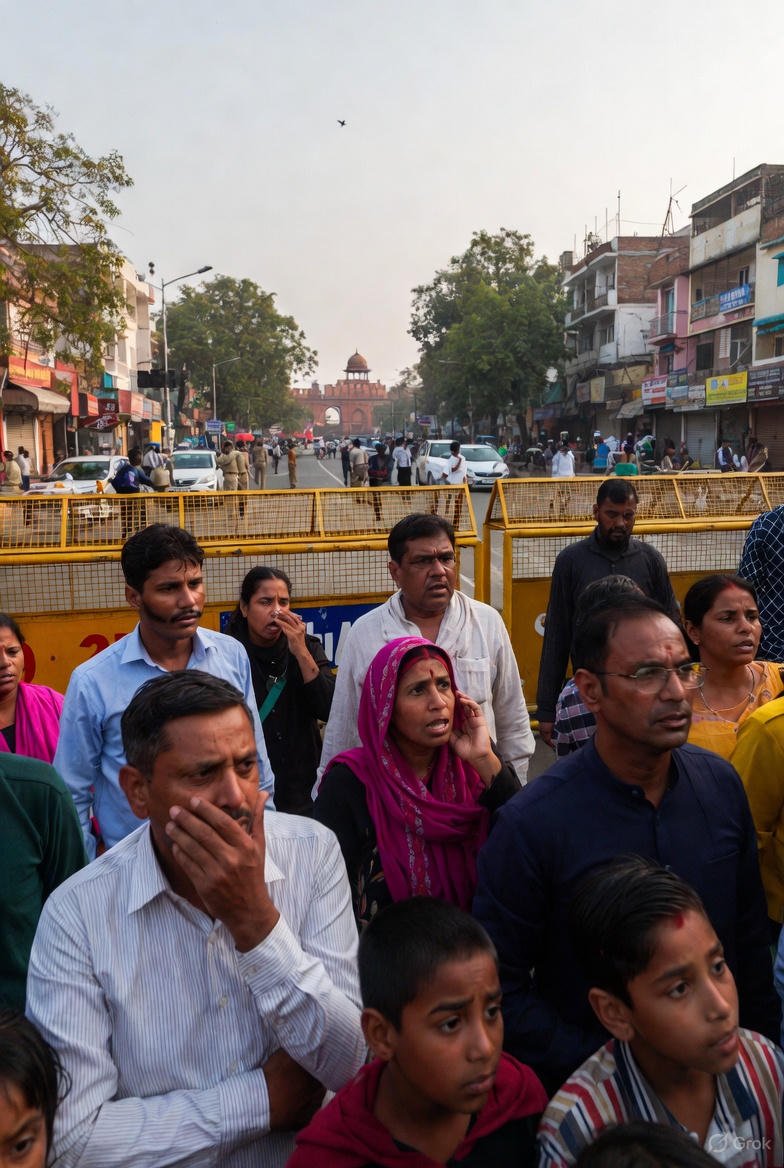
Laws Against Women Harassment in India: Know Your Rights
Women in India are protected under various laws that address harassment, both at the workplace and within the home. Despite strong legal frameworks, many women are still unaware of their rights and how to seek help. This article explains the key laws, their provisions, and how to file complaints if you face harassment.
1. The Sexual Harassment of Women at Workplace (Prevention, Prohibition and Redressal) Act, 2013
This Act ensures a safe working environment by prohibiting sexual harassment in offices, factories, schools, hospitals, and other workplaces.
What counts as sexual harassment under this Act?
-
Physical contact and advances
-
Demand or request for sexual favors
-
Sexually colored remarks
-
Showing pornography
-
Any other unwelcome physical, verbal, or non-verbal conduct of a sexual nature
-
Creating a hostile, offensive, or intimidating work environment
👉 If you face such harassment, you can file a complaint with the Internal Committee (IC) at your workplace. If your workplace does not have one, approach the Local Committee (LC) in your district.
2. Indian Penal Code (IPC) Provisions Against Harassment
The IPC provides strong punishment for crimes against women:
-
Section 354 – Assault or use of criminal force with intent to outrage a woman’s modesty.
-
Section 498-A – Cruelty by husband or his relatives, including harassment for dowry.
-
Section 304-B – Dowry deaths.
👉 For these crimes, you can file an FIR at the nearest police station.
3. The Protection of Women from Domestic Violence Act, 2005
This law provides civil remedies to women facing abuse at home. Domestic violence can include:
-
Physical, emotional, or sexual abuse
-
Economic abuse (denying food, shelter, or financial resources)
-
Harassment by husband or his relatives
👉 Women can approach the Magistrate Court or file a complaint through Protection Officers or Service Providers for immediate relief such as protection orders, residence rights, custody orders, and financial support.
4. How to File a Complaint
-
Workplace Harassment → File a written complaint with the IC/LC within 3 months of the incident.
-
Domestic Violence → Approach a Protection Officer, Service Provider, or Magistrate Court.
-
Criminal Harassment (under IPC) → Lodge an FIR at the nearest police station.
5. Assistance Available for Women
-
Service Providers can file a Domestic Incident Report (DIR) on your behalf.
-
Support includes shelter homes, medical treatment, legal aid, counseling, and vocational training.
-
Helplines like Women’s Helpline (181) and Police Helpline (100) are available 24/7.
Disclaimer
The information provided in this article is for general awareness purposes only. It summarizes key laws related to women’s harassment in India, such as the Sexual Harassment of Women at Workplace Act, IPC provisions, and the Domestic Violence Act. Readers are advised to refer to the official Government of India notifications, Ministry of Women & Child Development resources, or consult a qualified legal professional for detailed and updated information. This blog does not substitute professional legal advice.
Q1. What is considered sexual harassment at the workplace in India?
Any unwelcome physical contact, sexual advances, sexually colored remarks, showing pornography, or creating a hostile environment is considered sexual harassment under the 2013 Act.
Q2. How can a woman file a complaint about workplace harassment?
She can submit a written complaint to the Internal Committee (IC) at her workplace, or to the Local Committee (LC) in her district if no IC exists.
Q3. What are the punishments under IPC Section 354?
Section 354 of the IPC provides imprisonment of up to 5 years, along with a fine, for assault or criminal force used to outrage a woman’s modesty.
Q4. Is dowry harassment punishable under Indian law?
Yes. Section 498-A IPC punishes cruelty by husband or relatives related to dowry demands, and Section 304-B IPC addresses dowry deaths.
Q5. Can emotional or verbal abuse be considered domestic violence?
Yes. Under the Protection of Women from Domestic Violence Act, 2005, emotional, verbal, economic, and psychological abuse are all considered forms of domestic violence.
Q6. What kind of help can women get if they face harassment?
Women can access shelters, counseling, medical aid, legal support, and helplines like 181 (Women’s Helpline) and 100 (Police) for immediate assistance.









